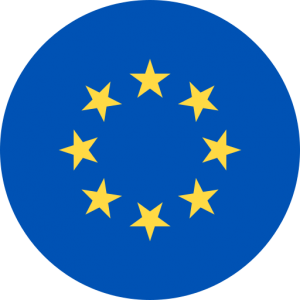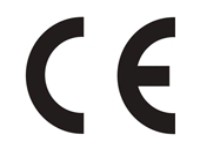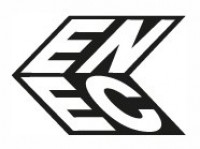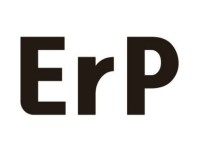
EU and EEA
CE
CE Certification is given to products which meet all requirements of the European standards related to safety, health, environment and consumer protection guidelines. Consumer safety products distributed within the European Union must be certified and also attach the CE mark. The CE mark does not mean to guarantee the quality of the product but to confirm the basic safety conditions (essential requirements) are met. In addition, as long as this mark is attached, it is flexible in the distribution within the EU.
CE
CE Certification is given to products which meet all requirements of the European standards related to safety, health, environment and consumer protection guidelines. Consumer safety products distributed within the European Union must be certified and also attach the CE mark. The CE mark does not mean to guarantee the quality of the product but to confirm the basic safety conditions (essential requirements) are met. In addition, as long as this mark is attached, it is flexible in the distribution within the EU.
CE
CE Certification is given to products which meet all requirements of the European standards related to safety, health, environment and consumer protection guidelines. Consumer safety products distributed within the European Union must be certified and also attach the CE mark. The CE mark does not mean to guarantee the quality of the product but to confirm the basic safety conditions (essential requirements) are met. In addition, as long as this mark is attached, it is flexible in the distribution within the EU.
CE
CE Certification is given to products which meet all requirements of the European standards related to safety, health, environment and consumer protection guidelines. Consumer safety products distributed within the European Union must be certified and also attach the CE mark. The CE mark does not mean to guarantee the quality of the product but to confirm the basic safety conditions (essential requirements) are met. In addition, as long as this mark is attached, it is flexible in the distribution within the EU.
ENEC
ENCE is Europe’s Safety mark. Under the request of the European Manufacturers Association, ENCE was created through the agreement with the European testing and certification centers that electrical products must meet the safety requirements in a unified way across Europe. The ENEC mark is a mark of conformity agreed by the Member States of the European Community for a significant part of electrotechnical products; this mark certifies compliance with certain European safety standards.
ErP
ErP is Europe’s Energy certification system. It mandates environmental design for energy-related products and prohibits products from entering into the EU when it doesn’t meet the eco-friendly standards. The ErP is a combination of the product design guideline EEE (Electrical and Electronic Equipment, EU Ministry of Environment) and guideline for energy efficiency improvement the EER (Energy Efficiency Requirement, EU Ministry of Industry), covering all stages from product design from production, transportation, to packaging for minimizing the use of energy. Target product: Computers, monitors, filming devices, light bulbs, batteries, TVs, dishwashers, etc.



